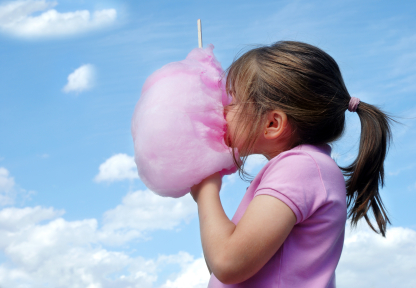Sought through prayer and meditation to improve our conscious contact with God as we understood Him, praying only for knowledge of His will for us and the power to carry that out.
~ The 11th Step in AA
The holidays are stressful and a time when many will over-use and abuse alcohol and other psychotropic chemicals. These times may present challenges for those of us who are committed to sobriety and they can be a risk for relapse. Understanding and applying the unique faculty of consciousness, mindfulness, may be extremely helpful during these celebratory times.
Mindfulness is Another Tool for Addiction Recovery
Mindfulness is not a cognitive faculty (thinking), nor is it emotional, sensory, or behavioral. Mindfulness is separate faculty of consciousness that is largely conferred by our prefrontal cortex or 1/6th of our brain, the part of our anatomy which mostly distinguishes us from animals. Kabat-Zinn has defined mindfulness meditation as “the awareness that arises from paying attention, on purpose, in the present moment and non-judgmentally. By focusing on the breath, the idea is to cultivate attention on the body and mind as it is moment to moment, and so help with pain, both physical and emotional.” In this series of articles on mindfulness, research is presented on many kinds of physical and psychological ailments and how mindfulness practice relieves them. I teach mindfulness to augment positive outcomes in my medical practice and have found it to be an extremely powerful intervention.
Read More.png?width=305&height=132&name=NIHAlogoBLUE_3_transparent%20(2).png)









